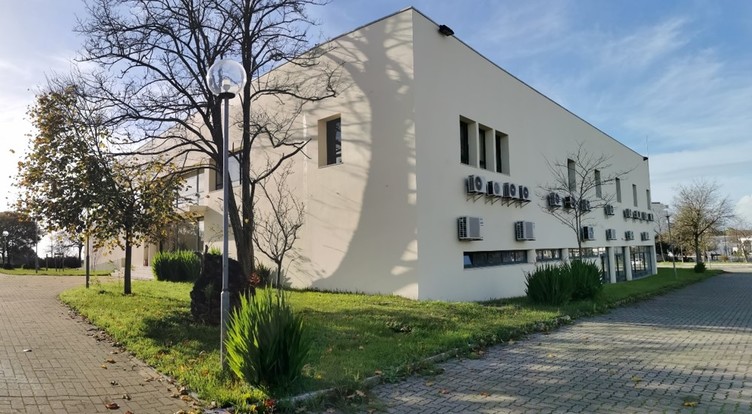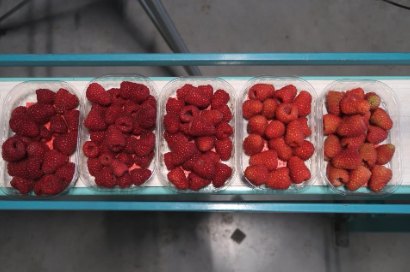UNINOVA
ABOUT
Instituto de Desenvolvimento de Novas Tecnologias (UNINOVA) is a multidisciplinary, independent, and non-profit research institute employing around 180 persons, located in the metropolitan area of Lisbon. It was formed in 1986 by the Faculty of Sciences and Technology of the Nova University of Lisbon (FCT-UNL – www.fct.unl.pt), a group of industrial associations, a financial holding, and up to 30 companies.
The main aim of UNINOVA is to pursue excellence in scientific research, technical development, advanced training, and education. By working closely with industry and universities, technological innovations are transferred into profitable business concepts and, existing products further developed to match new industrial requirements. Due to its tight connection with the University and Madan Parque, UNINOVA has, since its foundation, hosted and supported the development several Ph.D. thesis, as well as the creation of several successful spin-offs.
Location: Campus da FCT NOVA, 2829-516 Caparica, Portugal

DEMOS
DEVELOPED TECHNOLOGIES

Industrial Equipment Use Suite
Go beyond the minimal data input. Take advantage of fast machinery condition evaluation and early anomaly detection. Streamline your processes, while also guaranteeing product quality and defect-free production.

i4Q Analytics Dashboard
i4Q AD is a query and reporting tool, enabling to generate on-the-fly, interactive reports for end-users. Relying on open-source technologies, i4Q AD enables to explore data, create metrics and extract meaningful insights from manufacturing processes

i4Q Big Data Analytics
i4Q BDA is a software suite consisting of Big Data tools and i4Q Solutions that is configured for easy deployment in different deployment environments (on-premises or cloud-based).

Smart Sensing Package
The Smart Sensing package is a fully automatic smart grading system designed specifically for the food processing industry. This innovative solution leverages advanced technology to objectively classify food products, ensuring outstanding quality and increased throughput compared to traditional human-centered methods.

